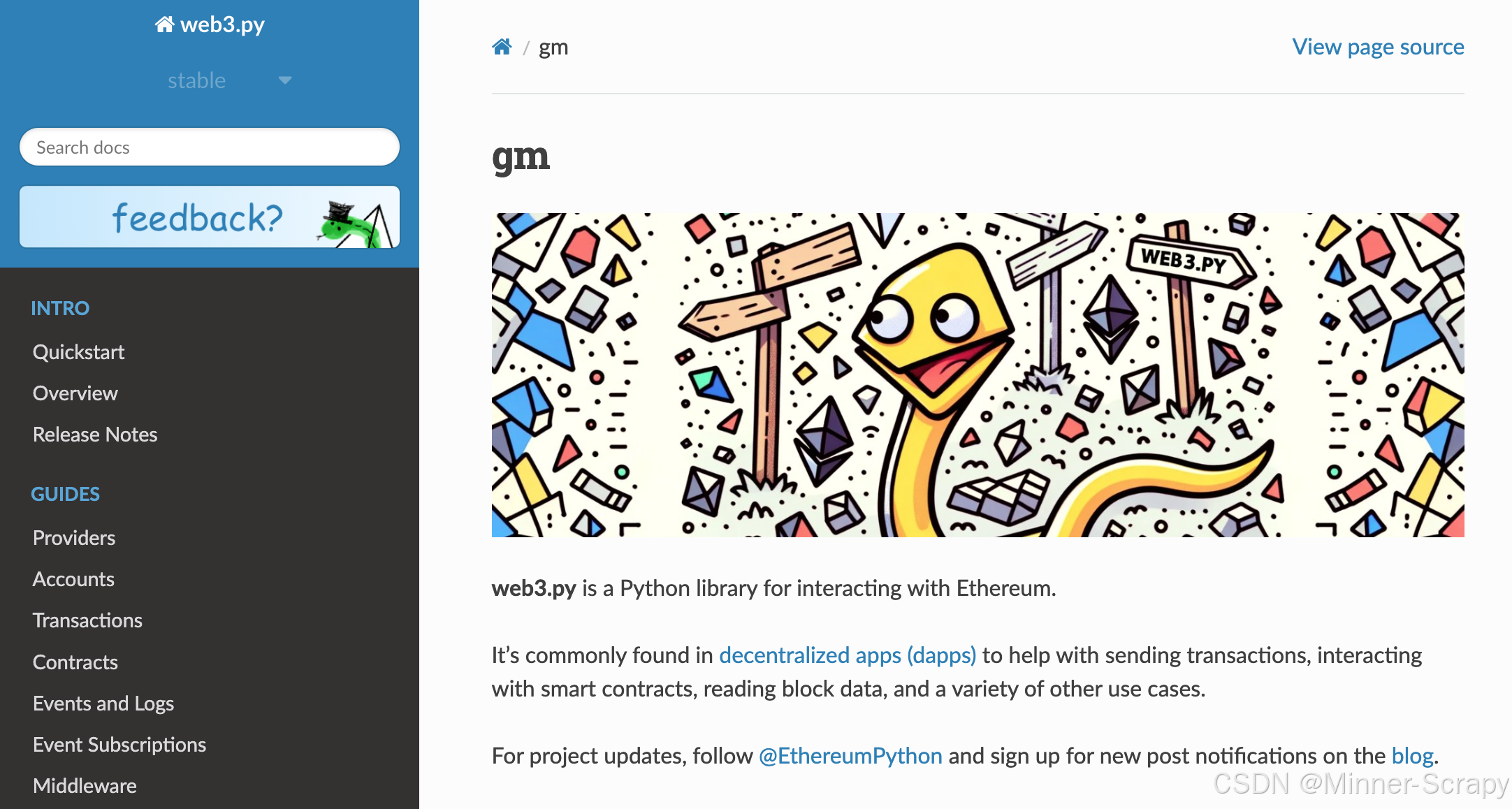一、压缩解压缩
1. tar 命令
语法: tar [主选项 + 辅选项] 文件或目录
示例:
# 压缩文件 file1 和目录 dir2 到 test.tar.gz
tar -zcvf test.tar.gz file1 dir2
# 解压 test.tar.gz(将 c 换成 x 即可)
tar -zxvf test.tar.gz
# 列出压缩文件的内容
tar -ztvf test.tar.gz释义:
-z : 使用 gzip 来压缩和解压文件-v : --verbose 详细的列出处理的文件-f : --file=ARCHIVE 使用档案文件或设备,这个选项通常是必选的-c : --create 创建一个新的归档(压缩包)-x : 从压缩包中解出文件2. rar 命令
# 压缩文件
rar a -r test.rar file
# 解压文件
unrar x test.rar释义:
a : 添加到压缩文件-r : 递归处理x : 以绝对路径解压文件3. zip 命令
示例:
# 压缩文件
zip -r test.zip file
# 解压文件
unzip test.zip释义:
-r : 递归处理
二、删除文件
1. 删除单个文件
要删除单个文件,只需使用 rm 命令后跟要删除的文件名,例如,要删除名为 “example.txt” 的文件,执行以下命令:
rm example.txt
2. 删除多个文件
如果要删除多个文件,可以将文件名放在 rm 命令后并用空格分隔:
rm 文件1 文件2 文件3
如:rm file1.txt file2.txt file3.txt3. 删除文件夹及其内容
如果要删除整个文件夹及其所有内容,可以使用 -r 参数(递归删除)来确保连同子文件夹一起删除:
rm -r 文件夹名
请注意,递归删除非常危险,因为它会将文件夹及其所有内容完全删除,无法恢复。确保在执行此操作前三思。
例如,要删除名为 “my_folder” 的文件夹及其所有内容,执行以下命令:
rm -r my_folder
4. 确认删除
在默认情况下,rm 命令会直接删除文件,不会询问确认。如果你希望在删除文件时得到确认提示,请使用 -i 参数:
rm -i 文件名
例如,要删除 “important.txt” 文件,并在删除前确认,执行以下命令:
rm -i important.txt
rm 命令会提示类似以下信息:
rm: 是否删除 "important.txt"?
5. 强制删除
如果你希望在删除文件时不接收任何确认提示,并强制删除文件,可以使用 -f 参数:
rm -f 文件名
例如,要强制删除名为 “temp.txt” 的文件,执行以下命令:
rm -f temp.txt
请小心使用 -f 参数,因为它会立即删除文件,无法恢复。



















